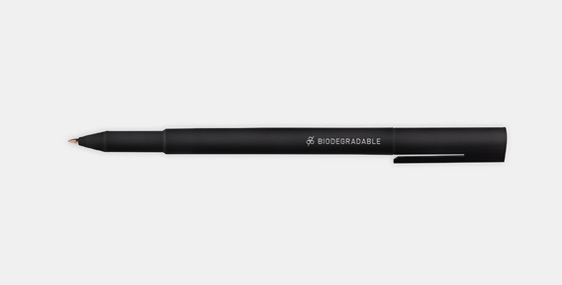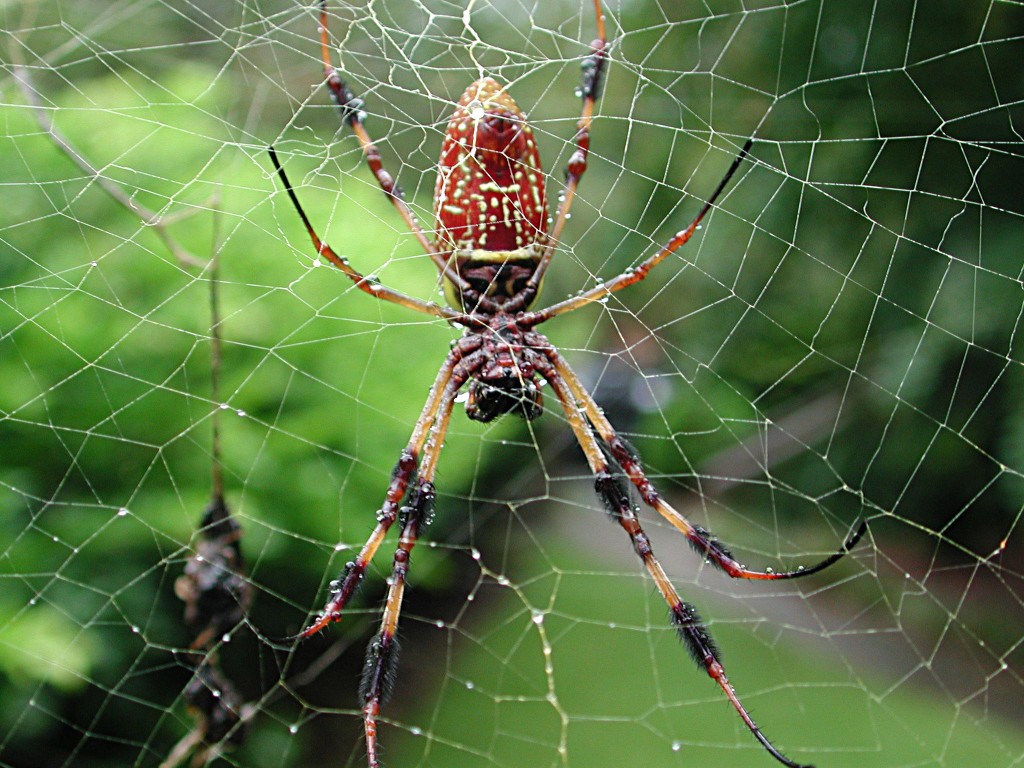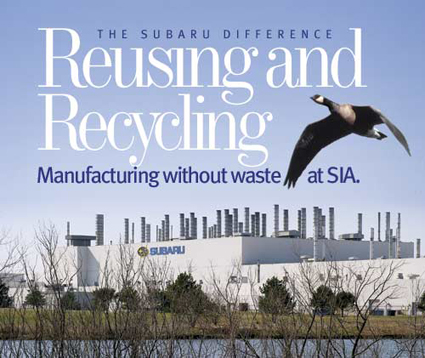 I’ll be honest. I’ve never given much thought about the sustainability of my writing utensils. I had no idea that since 1950 well over 100 billion disposable pens were sold, which is equivalent to selling 60 pens per second non-stop for nearly 60 years or when lying end to end, the pens would circle the earth 348 times.
I’ll be honest. I’ve never given much thought about the sustainability of my writing utensils. I had no idea that since 1950 well over 100 billion disposable pens were sold, which is equivalent to selling 60 pens per second non-stop for nearly 60 years or when lying end to end, the pens would circle the earth 348 times.
At least, that’s what DBA, a New York based company that develops ecologically-friendly products, is telling us. So when I read about the DBA 98 Biodegradable Pen, I thought “excellent”! No more sending billions of pens to landfills. No more polluting the planet with toxic ink.
According to the DBA website, its pen “is the only 98% biodegradable pen in the world. It’s also the only pen to use ink composed of simple, environmentally responsible ingredients”. Plus, the pen is produced in the United States at a wind- powered facility. It seems to be a win-win-win scenario… except I have a few lingering questions.
The DBA 98 Pen is made from a potato-based plastic, which is suppose to biodegrade, but after how long? One year? Ten years? And why does the ad say “designed for composting”? Is the pen biodegradable or compostable? These two processes are very different. Typically, in order to compost something like a pen or paper coffee cup, it needs to be sent to a commercial composting facility.
Also, I’m not a big fan of using a food source to produce plastic or fuel, but that’s another debate for another time.
I applaud DBA’s effort to create a more sustainable pen (better than the standard) and look forward to the next iteration. Perhaps one made from a food by-product or recycled/recyclable material? Just a thought.
Follow Cindy on Twitter @ethicalbiz
Image credit: DBA website




the pen is composed of biodegradable ink, and potato based plastic.